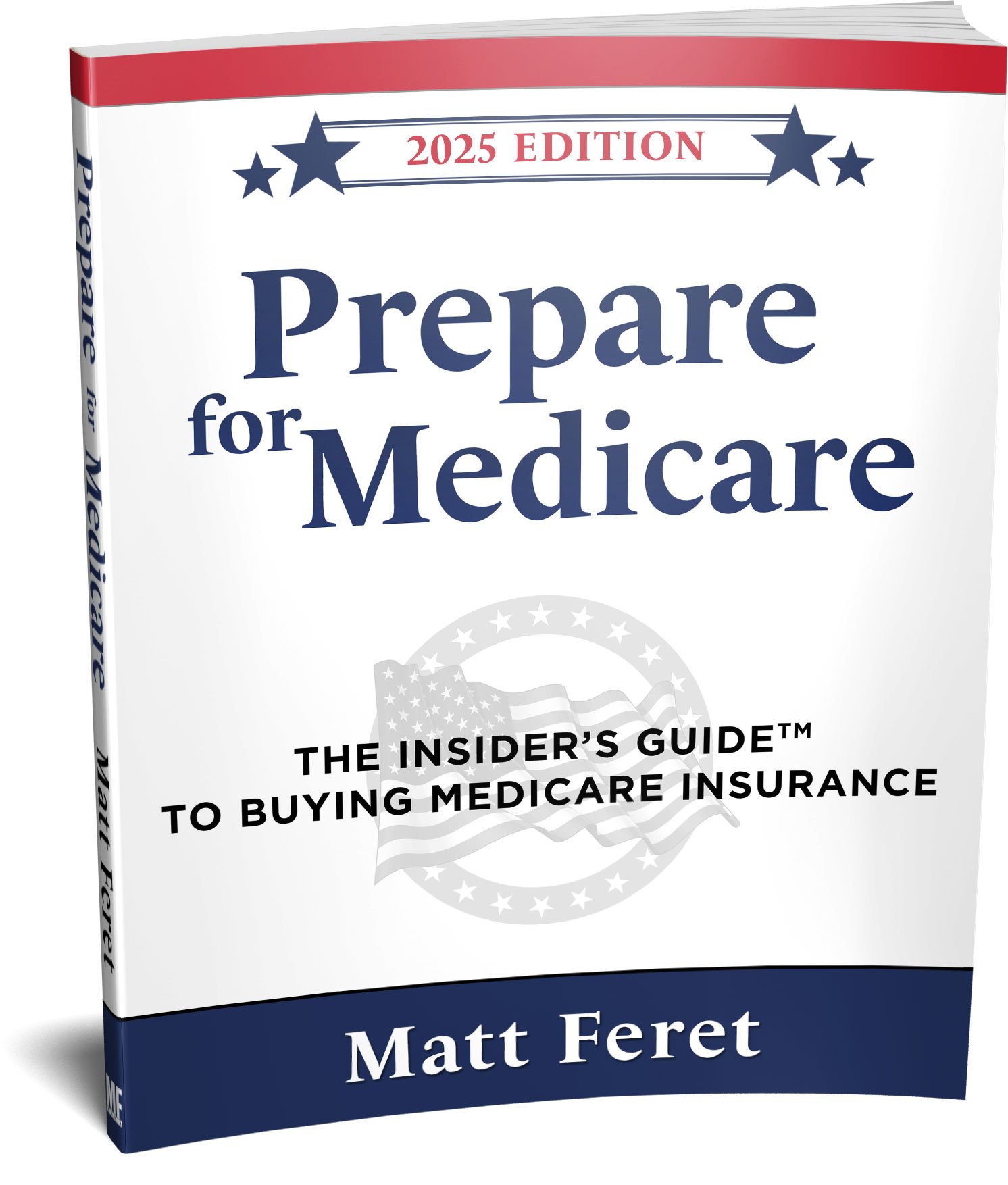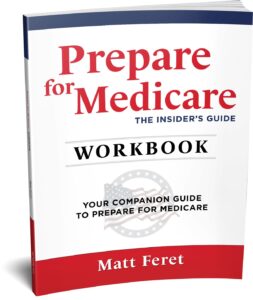MDear Matt,
I’m eligible for Medicare soon and I’m considering a Medicare Medical Savings Account plan (MSA). Let’s assume I enroll in that one and down the road it the Medicare insurance company pulls the plan and does a “plan exit” as you describe in your book. Am I correct at that time I could go back to Original Medicare and I’d be able to pick a different Medicare Advantage plan? Would I have a guaranteed issue (GI) right to purchase any Medicare Supplement (Medigap) plan I want without medical underwriting?
Thanks,
John G.
MSA: Medicare Medical Savings Account
A Medicare Medical Savings Account, or “MSA”, is a type of Medicare Advantage plan. So, the same rules would apply if the Medicare insurance company canceled your Medicare Advantage PPO or HMO plan. The answer is yes. If your MSA Medicare Advantage plan does a “plan exit”, you’ll be able to choose another Medicare option.
MSAs are a bit of a niche product, which is a nice way of saying not a lot of people buy them, and there aren’t a lot of big, major Medicare insurance companies out there selling these things. In fact, the only one I’m at all familiar with is Lasso Healthcare. Essentially, MSAs are high-deductible Medicare health insurance plans with a savings account attached. They do not come with Medicare Part D embedded, so you’d have to buy one in addition to an MSA.
Not all of the regular Medicare Advantage rules apply to MSAs. For example, people using Medical Savings Accounts can’t use the Open Enrollment Period, also known as the Medicare Advantage Open Enrollment Period. Here’s a fact sheet from Medicare I found that explains them reasonably well. It was published in 2008, but it pretty much sums up what MSAs are.
Plan Exits and Medicare Advantage
Remember, Medicare Advantage plans have annual federal contracts to provide Medicare Advantage plans. Most plans renew every year, but occasionally the insurance company cancels a plan. I outline it in my book, and it’s called a “plan exit.” When it happens (and it happens more often than you think), the people currently on the Medicare Advantage plan must find a new one for the following year, either by using the Annual Election Period (AEP, but also known, incorrectly, as the Medicare Open Enrollment period) which runs from October 15 through December 7 every fall, or either by using a Special Enrollment Period (SEP).
This particular Special Enrollment Period (SEP) is from December 8 of the current year through the end of February of the next year. Note that this SEP allows you to buy a new Medicare Advantage plan outside of the normal enrollment periods.
Plan changes made before December 31 are effective on January 1. Plan changes made after December 31 would be effective the first day of the following month.
If you’re on an MSA or any type of Medicare Advantage plan and the product or Medicare insurance company leaves or does a “plan exit,” you’ll get a letter in the mail from the company in the September to October timeframe. The exit would go into effect January 1 of the following (upcoming) year, so the last day you could be on the plan would be December 31. This would be the plan exit date.
Plan Exits and Medicare Supplement (Medigap) Plans
In the case of any Medicare Advantage plan exit, you’d also be able to enroll in a Medicare Supplement (Medigap) plan available in your state. However, because by definition, Medicare Supplements are not Medicare Advantage or Medicare Part D Prescription Drug Plans, the enrollment periods and windows are different.
If you’re signed up for and using a Medicare Advantage product, a plan exit occurs and you want to use that opportunity to enroll in a Medicare Supplement plan, you have a standard 60 days prior to the exit date and/or up to 63 days after to get into a guaranteed issue Medicare Supplement plan in your state. You’d then use the aforementioned AEP or SEP to buy the stand-alone Medicare Part D Prescription Drug Plan you need alongside the Medicare Supplement plan.
So John, if you turn 65 and choose to consume your Medicare benefits by enrolling in a Medicare Advantage product (MSA), it acts just like any regular Medicare Advantage product. If there’s a plan exit, you’d have a limited GI no underwriting window into a Medicare Supplement, as well as Medicare Advantage options.
If you’d like to read more, you can find that particular Medicare Supplement guidance in the ever-popular, easy-to-read government-issued, “Choosing a Medigap Policy.” Pay particular attention to page 22 of 52. It’s the third column in the first box. Here’s the link if you’d like some light nighttime reading.
John, thanks for the question!
I love answering Medicare questions. Send me yours by clicking here and I’ll pick a few for a future blog post!
To your wealth, wisdom, and wellness!
-Matt Feret
Related Articles
Does GoodRx work with Medicare Part D?
Subscribe Today to My Prepare for Medicare Newsletter and Stay Up-to-Date on Medicare Changes!
The Prepare for Medicare newsletter is an exclusive subscription-only newsletter that delivers the inside scoop to help you stay updated with your Medicare insurance coverage, highlight Medicare news you can use, and provide reminders for important dates throughout the year. Subscribe today for FREE!
Author Bio Matt Feret is the author of the Prepare for Medicare book series and launched prepareformedicare.com to help people get objective answers to questions about Medicare. Matt is also the host of The Matt Feret Show. He has held leadership roles at numerous Fortune 500 Medicare health insurers in sales, marketing, operations, product development, and strategy for over two decades.






